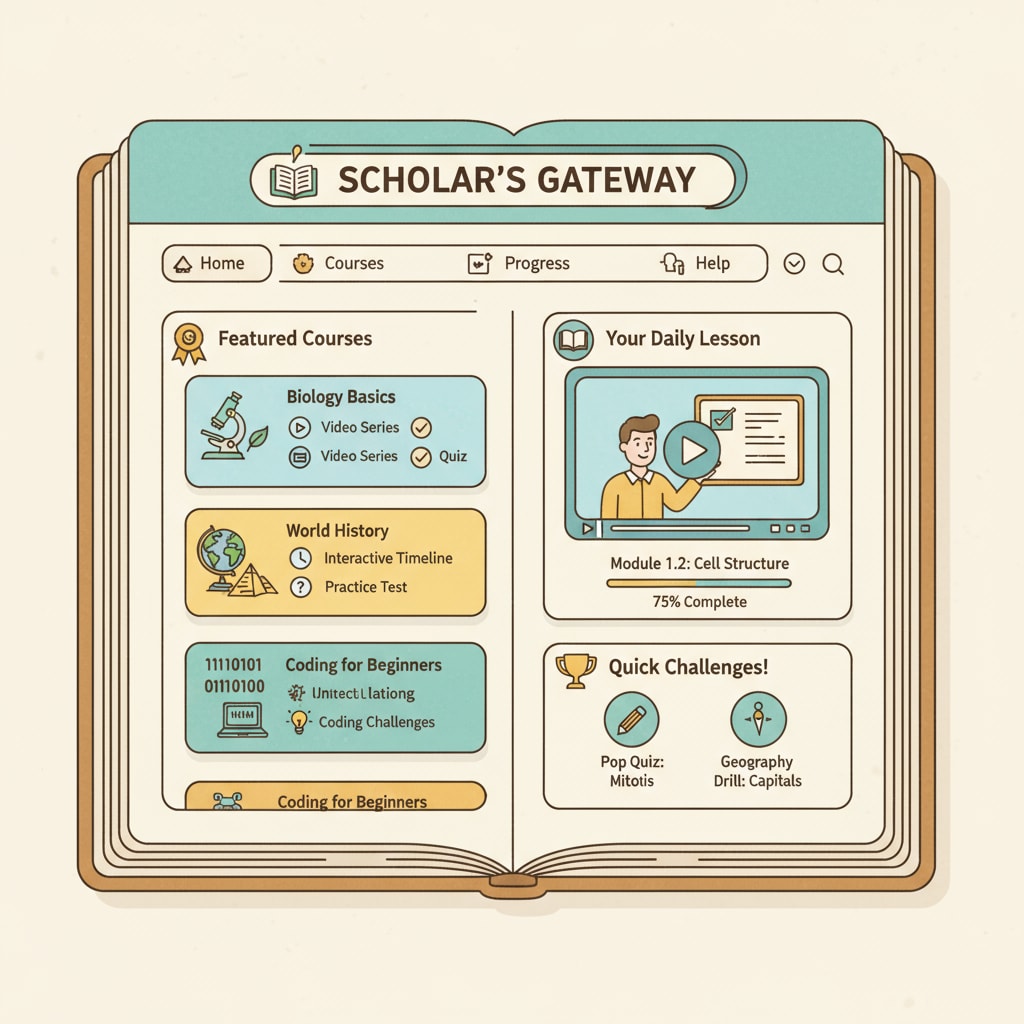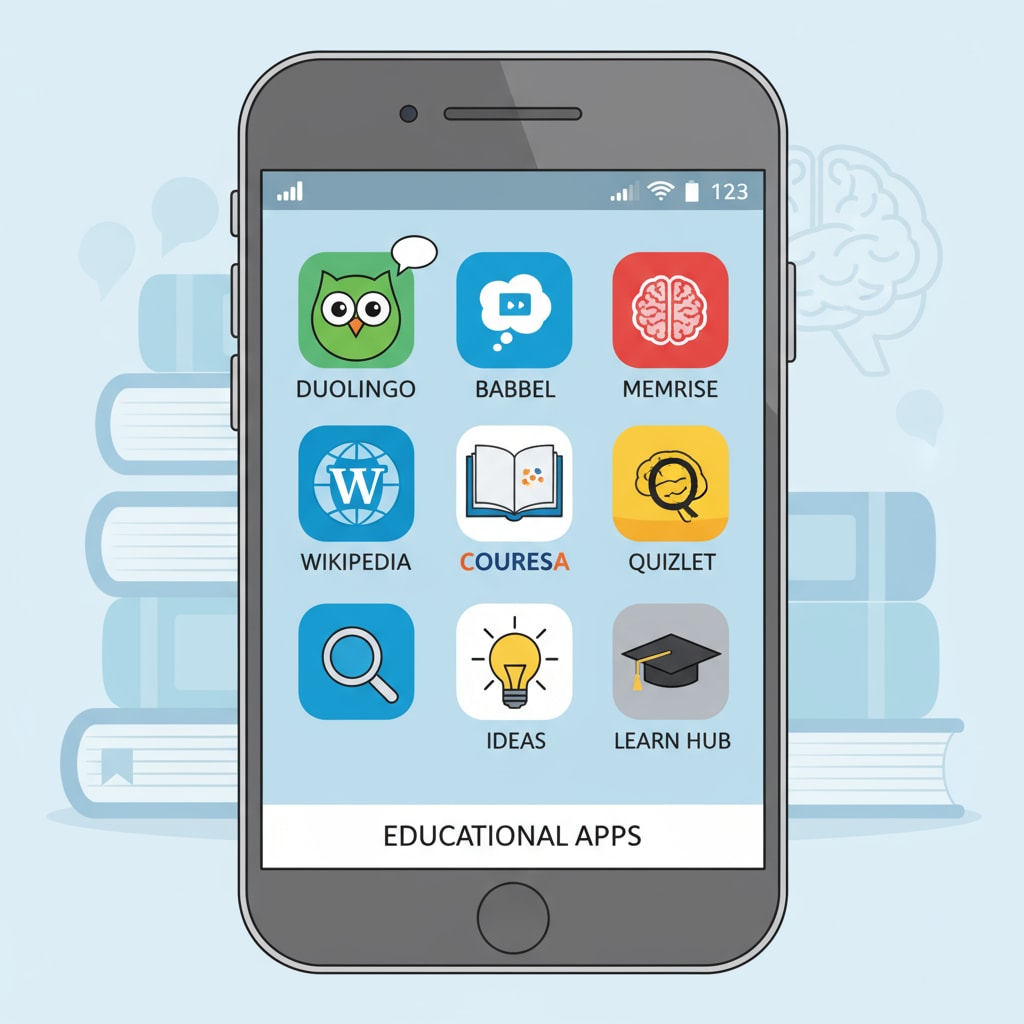Family education, academic resources, and teaching arrangements play a crucial role in a child’s learning journey. In this article, we will explore five essential academic resources that can be effectively integrated into your weekly teaching schedule. Whether you are a full-time homeschooling parent or provide after-school tutoring, these resources and strategies will help you create a systematic learning environment and improve your child’s academic performance.
Online Learning Platforms
Online learning platforms offer a wealth of educational content. Websites like Khan Academy provide free courses covering various subjects, from math and science to history and language arts. These platforms often have structured lessons, videos, and interactive exercises. For example, you can schedule an hour each week on Khan Academy for your child to learn a new math concept. This way, your child can learn at their own pace and review difficult topics as needed.

Educational Apps
Educational apps are a convenient and engaging way to supplement learning. Apps such as Duolingo for language learning or BrainPOP for general knowledge can be incorporated into short breaks during the week. You could set aside 15 – 20 minutes a day for your child to use these apps. For instance, in the morning before starting other lessons, your child can practice a new language on Duolingo. This makes learning fun and accessible on mobile devices.

Textbooks and workbooks are fundamental resources. They provide in-depth knowledge and practice exercises. Select textbooks based on your child’s grade level and learning needs. Spend a few days each week working through textbook chapters and corresponding workbook pages. This hands-on approach helps reinforce concepts learned. For example, if you are teaching science, use a well-reviewed science textbook and have your child complete the related experiments and questions in the workbook.
Library Resources
Libraries offer a vast collection of books, magazines, and sometimes even online databases. Visit the local library regularly, perhaps once a week. Encourage your child to borrow books related to their interests or current study topics. Libraries also often host educational events like storytimes or science workshops. You can plan your visits around these events to enhance the learning experience. This not only provides access to free resources but also exposes your child to a variety of materials and a learning community.
Readability guidance: By using short paragraphs and lists, we have made the information easier to digest. Each resource is presented clearly, and the methods of incorporation into the teaching schedule are straightforward. We have also included external links to reliable educational platforms to provide more in-depth information. Remember to use these resources in a balanced way to create a rich and engaging learning environment for your child.


